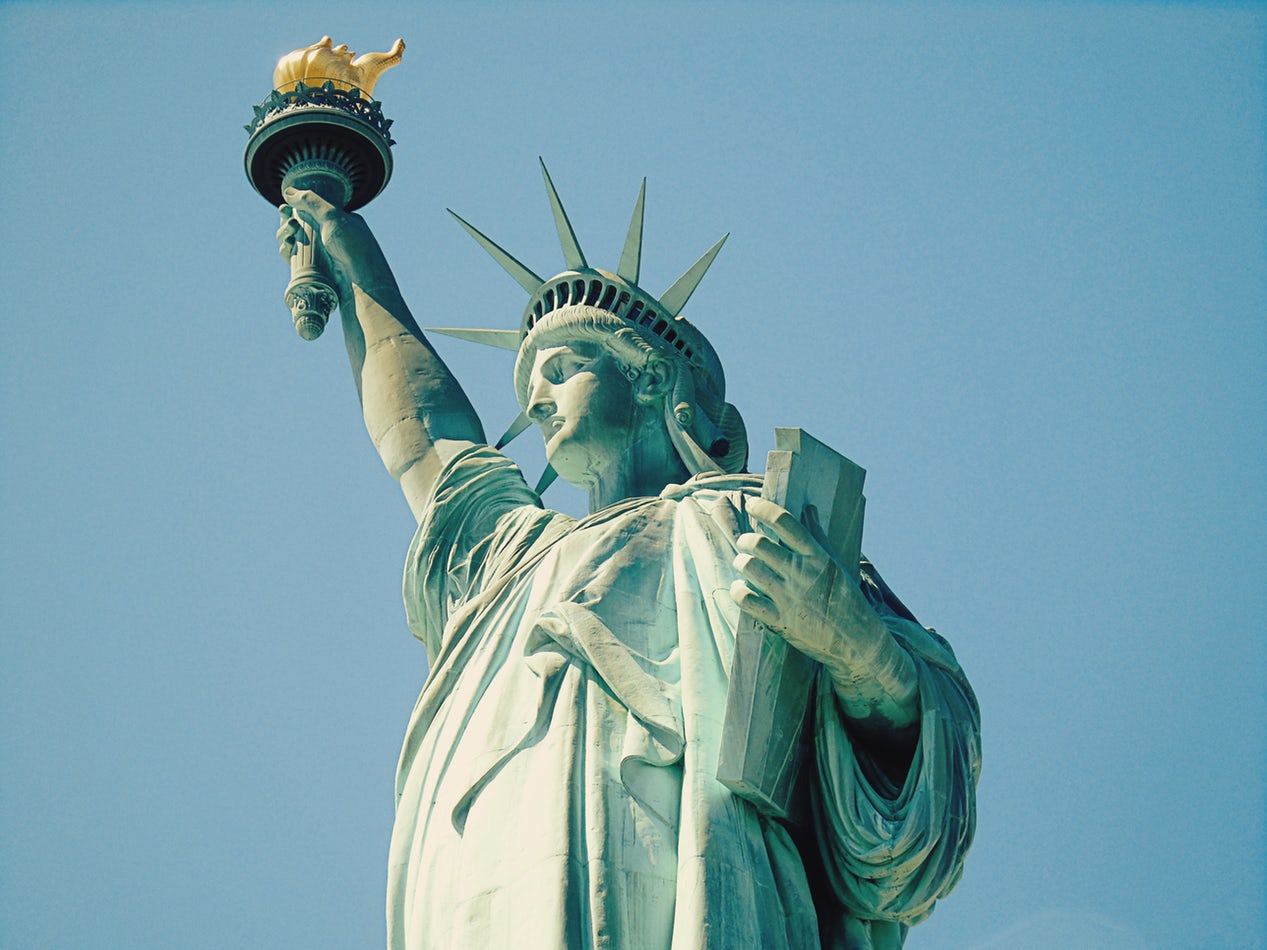October 2017

Let me make my position clear: I am completely in objection with Canada’s Bill C-16 and France consideration of criminalizing catcalling. I think laws like these are a horrendous infringement of individual freedom of expression and should never be implemented. This PC environment that we now live in, where debate is largely silenced by terms like trigger warnings and microagressions, is bringing up a generation that is confusing feelings with facts. As Ben Shapiro once said, facts don’t care about your feelings, and the youths of today need to understand that. If you want to win a debate, present hard facts and evidence instead of expressing an emotional but ultimately irrational response. Nonetheless, at what point does freedom of expression cease from being healthy and necessary debate, and delves into issues of national security?
Case in point: Anjem Choudary from the UK had just been sentenced to five years in prison under the Terrorist Act 2000 after he posted talks on YouTube which encouraged Muslims to support ISIS efforts. Before he was arrested, he was a leader for a radical Islamist group, an advocate for the implementation of Sharia law in the UK and once said that the Pope should be executed. He had 32000 online followers and was believed to have motivated at least 100 people to join ISIS. Intelligence sources say that Britain will be vulnerable to the threat of jihadist attacks for decades, and that Choudary’s group was at the forefront of the Islamist movement in the country. Not once did he raise a hand to commit violence, not even when he was arrested. Were the British authorities wrong to arrest Choudary for exercising his freedom of speech?
It’s the same as climate change. We don’t see the immediate effects of global warming, only a vague long-term possibility of something bad happening. But if and when something bad does happen, we have reached the point where it is too late. Do we stay silent and allow these dangerous ideas to fester? Some people might think so, my boyfriend certainly did. After all, we can’t say for certain that these ideas would result in a negative outcome. More often than not, ideas that evolved in a democratic nation have resulted in the betterment of society, and the only reason they were allowed to develop and mature was because of the people’s First Amendment Rights. But we cannot and should not ignore that niggling doubt in the back of our mind that questions the possibility of that idea turning sour? What if we allow fundamentalists and jihadists to gather a community of support who could potentially commit an act that causes another 9/11? An apartheid? Or worse, tear the very fabric of a democratic society by supporting another dictator to power? Do we tell the victims and their families that we could have stopped them, but we chose not to because, well, free speech? And the victims were just the unavoidable casualties of a principle that worked in theory, but did not take into consideration how complex our society was. Would these statements provide comfort for those who have to live with the consequences?
Me and my boyfriend concluded the argument by calling each other names, as one does in any civilized political debate. I don’t know if there is really a right answer in this debate. On the one hand, freedom of expression gives power to the people and allow them to develop individualist thinking in a free and open society. On the other hand, it also enables the potential for truly dangerous ideals that if left unchecked, would germinate into a power that could challenge the very democracy that nourished it and gave it life. Is freedom worth the risk? I honestly don’t know.
Joanne Tan
---
Joanne is a second-year Masters Candidate at the Bush School of Government and Public Service pursing a Master of International Affairs.